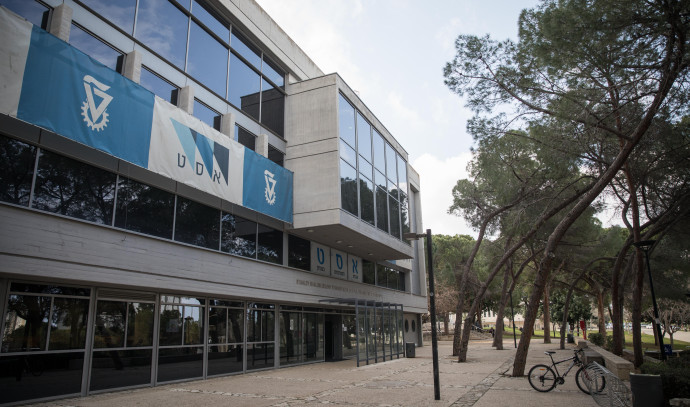In a move aimed at revolutionizing the manufacturing sector, the Economy and Industry Ministry, in partnership with the Technion – Israel Institute of Technology, launched an initiative to enhance the research and development efforts of manufacturing plants across the country. This collaborative endeavor seeks to propel innovation, progress and competitiveness, ultimately boosting production capacity in the industry.
In an agreement valued at NIS 4 million, researchers from the Technion will join forces with the Israeli manufacturing industry, addressing the barriers hindering approximately 100 factories, as identified in a preliminary study. The recently signed agreement is poised to make significant strides in improving the industry’s research capabilities and fostering a culture of innovation.
Amnon Merhav, the Director of the Economy and Industry Ministry, commended the ambitious project, highlighting its potential to drive advanced research, innovation, and production. “I congratulate the president of the Technion… Together we will harness Israel’s relative advantage – the human factor – for the benefit of advancing the industry,” he said.
Over the past year, a joint team led by the Technion and the Industries Administration at the Economy and Industry Ministry conducted an extensive examination of the industry’s innovation needs in the northern region, along with the academy’s capacity to meet those needs.
Academics will help the industry solve problems
The investigation involved meetings with researchers from the Technion in nearly 100 industrial plants in the region. During these sessions, barriers to collaboration were identified, and potential avenues for joint work were mapped out.
A significant finding from this assessment revealed that the non-elite manufacturing industry, in particular, falls short of realizing the full potential of collaborations with academia. While hi-tech and elite industrial companies engage in approximately 90% of such collaborations, non-elite industrial companies encounter various barriers that severely limit their participation.
The identified barriers include disparities in management resources, language differences between industry and academia, misaligned incentives among the parties and the bureaucratic complexities associated with establishing collaboration.
Prof. Uri Sivan, President of the Technion, expressed the institution’s commitment to societal welfare, national security, and the Israeli economy. “The Technion always feels responsible for society, its security and the economy of the State of Israel and in this tradition we see great potential in harnessing the research that takes place at the Technion for the benefit of the advancement of the manufacturing industry in the State of Israel,” he said. “We are proud to team up with the Economy and Industry Ministry in this important venture.”


